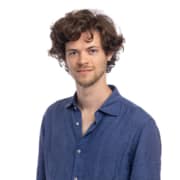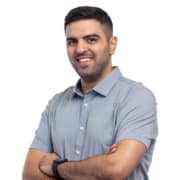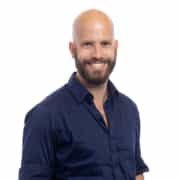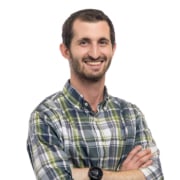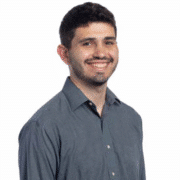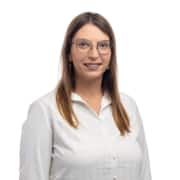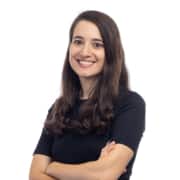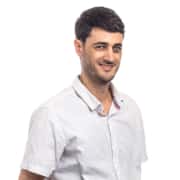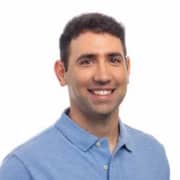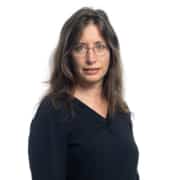Guy Kornowski is a PhD student in the Department of Computer Science & Applied Mathematics at the Weizmann Institute of Science under the supervision of Prof. Ohad Shamir.
Ori’s research interests are machine learning and optimization theory, specifically, the complexity of learning algorithms.
Such algorithms make predictions based on observed data and are used throughout science and technology. Guy’s research is fundamental in its nature and aims to provide grounded algorithms that are efficient in terms of both computational resources and the amount of data required for meaningful generalization. Understanding fundamental barriers in this realm and finding ways to overcome them often involves deep mathematical insight.
Guy lives in Tel Aviv with his partner, Tom. He obtained his BSc in mathematics at Tel Aviv University and his MSc at the Weizmann Institute of Science. In the past few years, he has volunteered as a mentor at Magshimim, a national program that provides computer science education to underprivileged youth. Prior to his current academic path, Guy was a professional jazz guitarist and completed his musical studies at the Israel Conservatory of Music. He has performed in renowned music venues in Israel and abroad and won several awards, including the America-Israel Cultural Foundation scholarship and first prize in the Rostov International Jazz Competition.
